This site uses cookies. We use cookies mainly to improve and analyze your experience on our websites and for marketing purposes. Because we respect your right to privacy, you can choose not to allow some types of cookies. Click on the different category headings to find out more and change your default settings. Blocking some types of cookies may negatively impact your experience on the site and limit the services we are able to provide.
These cookies are necessary for the website to function and cannot be switched off in our systems. They are usually only set in response to actions made by you which amount to a request for services, such as setting your privacy preferences, logging in, or filling in forms.
The technical storage or access is necessary for the legitimate purpose of storing preferences that are not requested by the subscriber or user.
These cookies help us to understand how visitors engage with the website. We may use a set of cookies to collect information and report site usage statistics. In addition to reporting site usage statistics, data collected may also be used, together with some of the advertising cookies described, to help show more relevant ads across the web and to measure interactions with the ads we show.
The technical storage or access that is used exclusively for anonymous statistical purposes. Without a subpoena, voluntary compliance on the part of your Internet Service Provider, or additional records from a third party, information stored or retrieved for this purpose alone cannot usually be used to identify you.
We use cookies to make our ads more engaging and valuable to site visitors. Some common applications of cookies are to select advertising based on what’s relevant to a user; to improve reporting on ad campaign performance; and to avoid showing ads the user has already seen.



